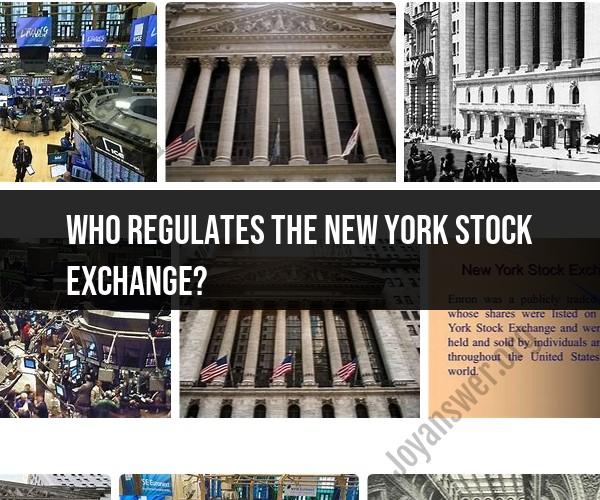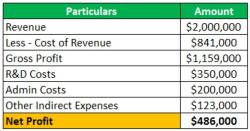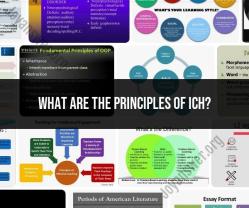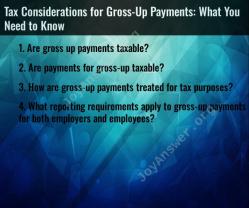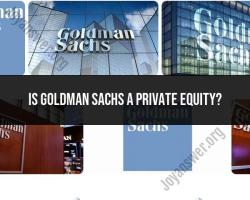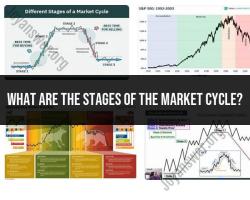Who regulates the New York Stock Exchange?
The New York Stock Exchange (NYSE) is regulated by multiple entities, each playing a distinct role in overseeing its operations to ensure fairness, transparency, and compliance with regulations. Here are the primary regulatory bodies involved in regulating the NYSE:
U.S. Securities and Exchange Commission (SEC): The SEC is the primary federal regulatory authority overseeing securities markets in the United States, including the NYSE. It has the authority to promulgate rules and regulations governing securities exchanges, including the NYSE, and it conducts periodic examinations and investigations to ensure compliance with federal securities laws.
Financial Industry Regulatory Authority (FINRA): FINRA is a self-regulatory organization (SRO) authorized by the SEC to oversee the behavior of securities firms and professionals, including those operating on the NYSE. It sets rules and regulations for broker-dealers, conducts examinations, and enforces compliance.
NYSE Regulation, Inc.: NYSE Regulation is the regulatory subsidiary of NYSE Group, Inc. It oversees the NYSE's compliance with exchange rules and regulations. NYSE Regulation conducts investigations, examinations, and enforcement actions against NYSE-listed companies and trading participants.
State Authorities: State securities regulators, often organized as the North American Securities Administrators Association (NASAA), play a role in regulating securities activities within their respective states. They ensure that securities professionals and offerings comply with state securities laws.
Internal Oversight: The NYSE itself also maintains internal compliance and regulatory functions. It enforces its own rules and regulations and has surveillance systems to monitor trading activity on its exchange.
These regulatory bodies work together to ensure the integrity and fairness of the NYSE and the broader U.S. securities markets. The goal of this multi-tiered regulatory framework is to protect investors, maintain market stability, and uphold the principles of a well-functioning financial marketplace.
Regulation of the New York Stock Exchange (NYSE)
The New York Stock Exchange (NYSE) is the world's largest stock exchange by market capitalization. It is regulated by both the Securities and Exchange Commission (SEC) and the Financial Industry Regulatory Authority (FINRA).
The SEC is a federal agency that is responsible for regulating the securities markets and protecting investors. FINRA is a self-regulatory organization (SRO) that oversees the activities of broker-dealers and exchanges.
The NYSE is also subject to a number of its own rules and regulations. These rules are designed to promote fair and orderly trading, protect investors, and ensure the integrity of the market.
Regulatory Bodies Overseeing the NYSE
The following regulatory bodies oversee the NYSE:
- Securities and Exchange Commission (SEC): The SEC is a federal agency that is responsible for regulating the securities markets and protecting investors. The SEC has a number of oversight responsibilities over the NYSE, including:
- Approving new listing applications and rule changes
- Conducting inspections and examinations
- Investigating and enforcing violations of securities laws and regulations
- Financial Industry Regulatory Authority (FINRA): FINRA is a self-regulatory organization (SRO) that oversees the activities of broker-dealers and exchanges. FINRA has a number of oversight responsibilities over the NYSE, including:
- Conducting inspections and examinations
- Enforcing FINRA rules and regulations
- Mediating and arbitrating disputes between investors and broker-dealers
Compliance and Enforcement on the NYSE
The NYSE has a number of compliance and enforcement programs in place to ensure that its members and listed companies comply with all applicable rules and regulations. These programs include:
- Compliance reviews: The NYSE conducts regular compliance reviews of its members and listed companies to identify and address any potential violations.
- Enforcement actions: The NYSE can take a variety of enforcement actions against members and listed companies that violate its rules or regulations, including:
- Fines
- Suspension or expulsion from the exchange
- Reporting violations to the SEC or other regulatory authorities
Investor Protection Measures on the NYSE
The NYSE has a number of investor protection measures in place, including:
- Circuit breakers: Circuit breakers are automatic trading halts that are triggered when the market experiences a sharp decline in prices. Circuit breakers are designed to slow down trading and give investors a chance to assess the situation.
- Short sale restrictions: Short sale restrictions are designed to prevent short sellers from manipulating the market. Short selling is the practice of selling a stock that the seller does not own, with the expectation of buying it back later at a lower price.
- Tick size: The tick size is the minimum amount by which the price of a stock can move. The NYSE has a tick size of $0.01 for most stocks. This helps to prevent small price movements that can be caused by manipulative trading practices.
Recent Regulatory Changes Impacting the NYSE
In recent years, there have been a number of regulatory changes that have impacted the NYSE. These changes include:
- Dodd-Frank Wall Street Reform and Consumer Protection Act: The Dodd-Frank Act was passed in 2010 in response to the financial crisis of 2008. The act includes a number of provisions that are designed to improve the regulation of the securities markets.
- JOBS Act: The JOBS Act was passed in 2012. The act includes a number of provisions that are designed to make it easier for small businesses to raise capital.
- Volcker Rule: The Volcker Rule was adopted by the SEC in 2010. The rule prohibits banks from engaging in certain proprietary trading activities.
These regulatory changes have had a significant impact on the NYSE and other securities markets. The NYSE is working to comply with all applicable rules and regulations, and it is committed to maintaining a fair and orderly market for investors.
